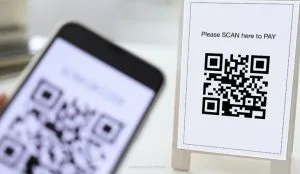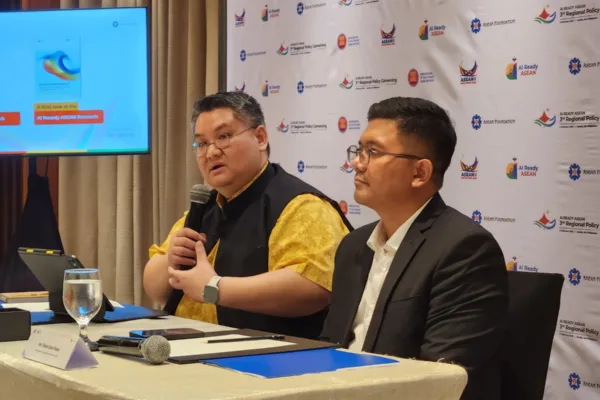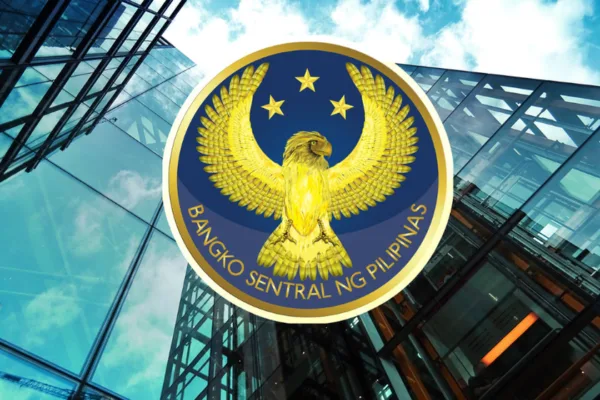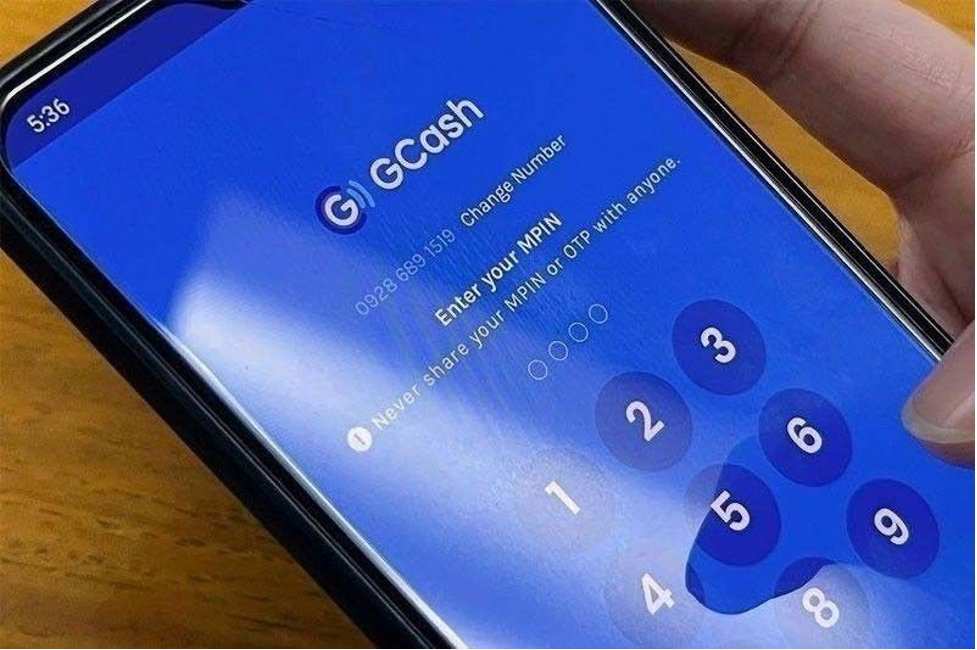
GCash, the leading financial super app in the Philippines, has emphasized the crucial role of online literacy in combating the growing number of cyber threats.
According to the company, the frequency and sophistication of cyberattacks also goes up as digitalization accelerates, making it imperative for individuals to be vigilant.
Speaking at the recent 2024 Social Good Summit, GCash Chief Risk Officer Ingrid Beroña stressed the company’s commitment to consumer protection. “Our motto has always been ‘Finance For All,’ but now we’re moving towards financial wellness and health,” she said. “We want to ensure that our service supports Filipinos’ daily success and that they can rely on our products.”
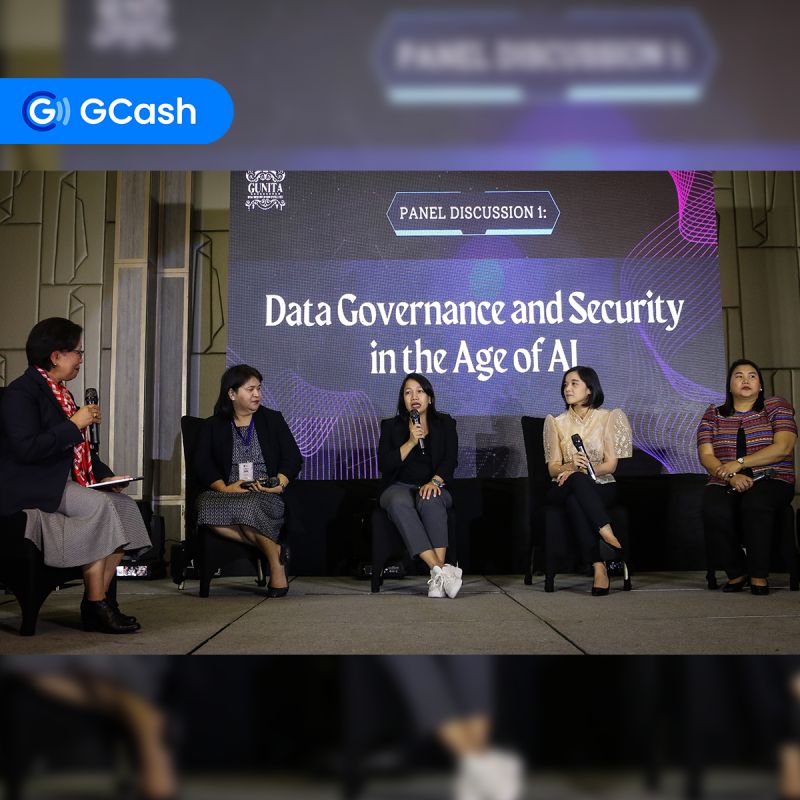
GCash to implement robust security measures
To address the increasing risk of online fraud, GCash has implemented robust security measures.
One such measure is DoubleSafe, which combines multiple layers of authentication, including mandatory login passcodes, one-time PINs, and facial recognition. Additionally, the platform has limited system access to a single device per account, further enhancing security.
To educate consumers about online safety, GCash has launched the GSafe Tayo program. This initiative aims to raise awareness about common fraud tactics, such as phishing scams and social engineering attacks.
The program also advises users to avoid sharing sensitive personal information online and to be wary of unsolicited messages and calls.
The need for strong cybersecurity measures is underscored by recent global trends. According to TransUnion, global digital fraud attempts increased by 80% between 2019 and 2022.
In the United States alone, the Federal Bureau of Investigation has reported a staggering US$10.3 billion in losses from internet fraud in 2022, a 49% increase from the previous year.
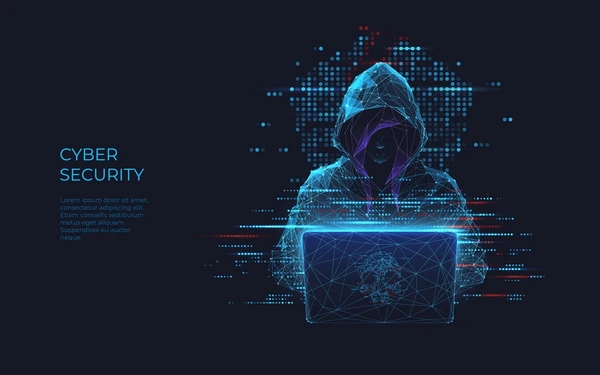
Cybersecurity challenges are intensifying alongside the rapid growth of artificial intelligence (AI), which is creating a wealth of opportunities for innovation and transforming industries worldwide. As AI use expands, so does the volume of personal data it requires — thus raising pressing questions about data security, privacy, and ethical implications.
In the Philippines, common online frauds include investment scams, love scams, social media account hacking, and non-delivery of items.
Beroña highlighted the emotional manipulation tactics employed by fraudsters, urging users to exercise caution and critical thinking.
By prioritizing online safety and financial literacy, GCash is aiming to empower its users to navigate the digital landscape confidently.
As cyber threats continue to evolve, the company remains committed to staying ahead of the curve and providing a secure and reliable platform for its millions of users.





